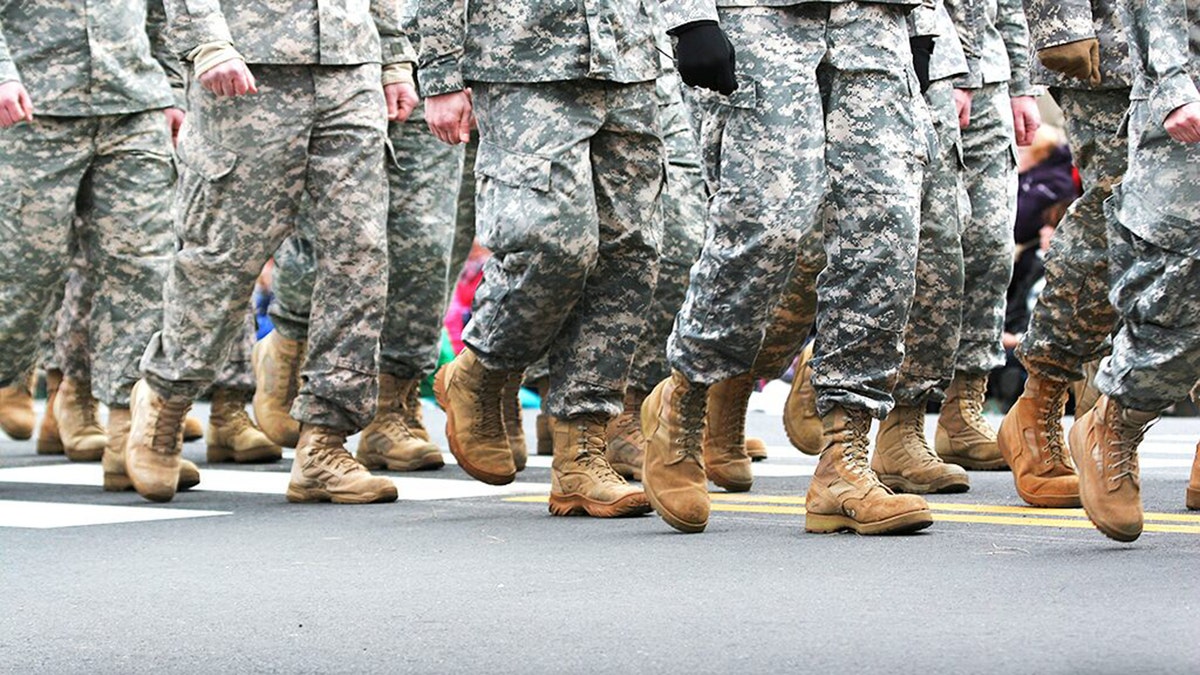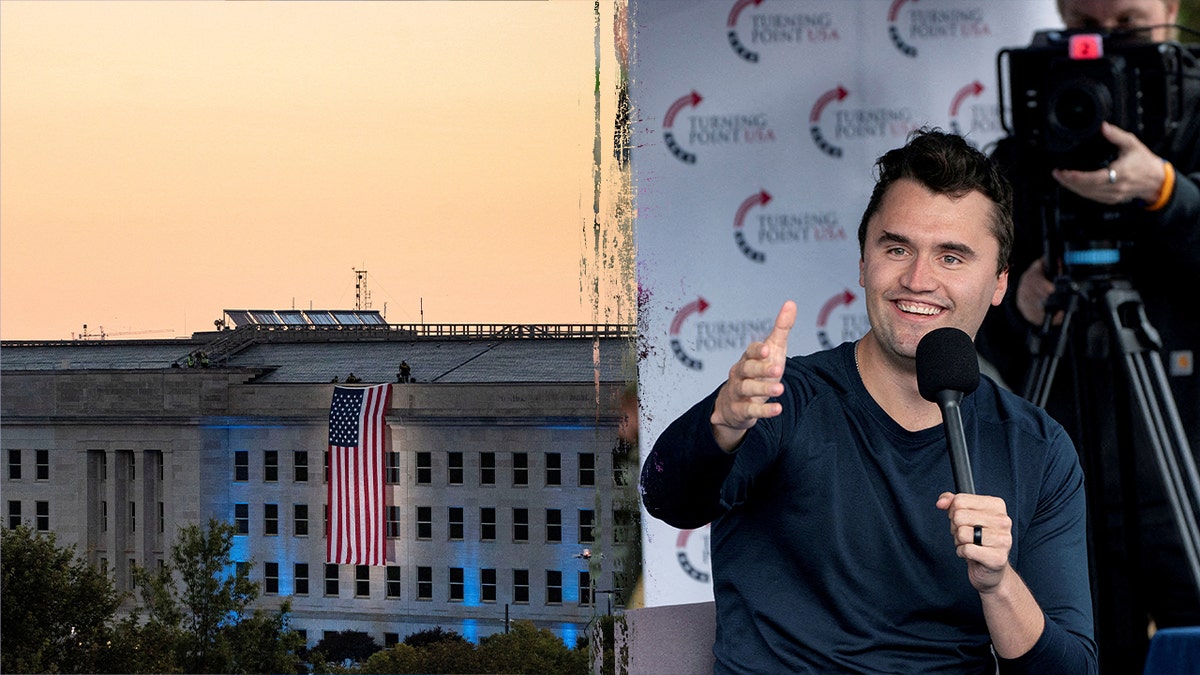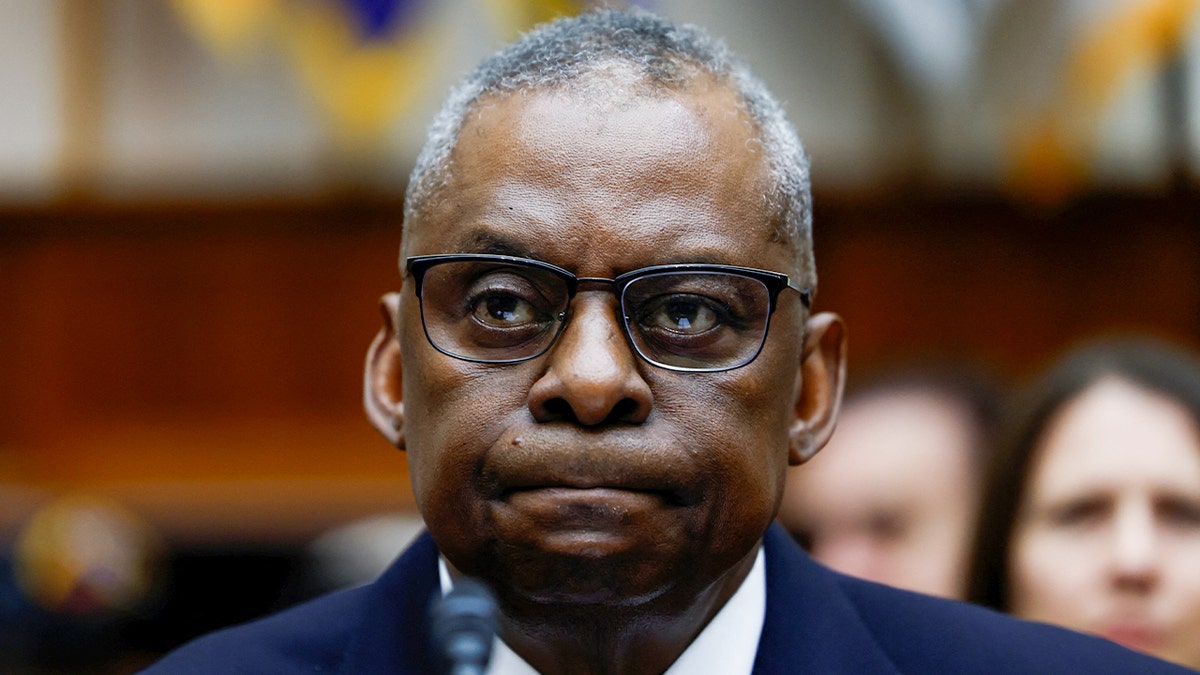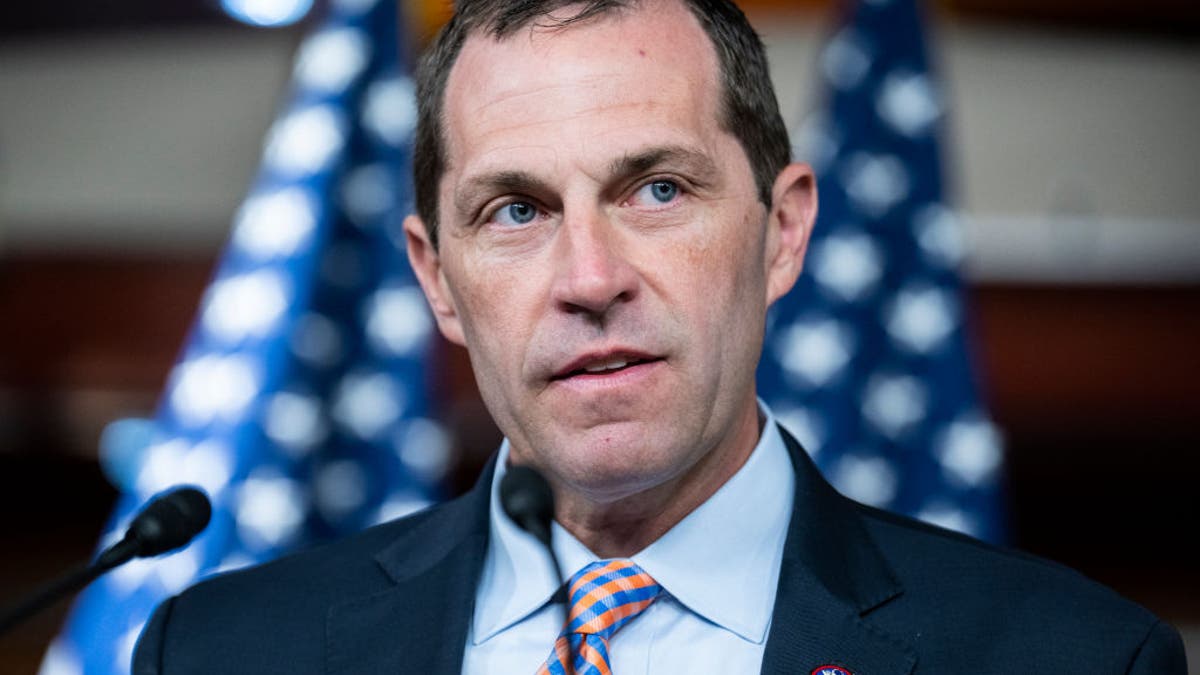Pentagon crackdown on anti-Kirk posts echoes Biden-era anti-extremism push after Jan 6 riot
NEWYou can now listen to Fox News articles!
Those who dismiss celebrations of Charlie Kirk’s murder as harmless free speech may have forgotten that the Pentagon’s crackdown on extremism began in 2021 after the Jan. 6 Capitol riot.
That year, the then-Defense Department, which was renamed the Department of War under the Trump administration, rewrote its standards for “extremism” within the ranks, making clear that even liking or retweeting certain content could prompt discipline. At the time, the initiative largely targeted right-wing extremism.
Now, Pentagon leaders are once again scouring social media — this time suspending officers who appear to cheer on the political assassination that has shaken the country over the past six days.
“It is unacceptable for military personnel and Department of War civilians to celebrate or mock the assassination of a fellow American. The Department of War has zero tolerance for it,” Sean Parnell, chief Pentagon spokesman and senior advisor, declared in a post on X.

“Hunting down and prosecuting service members for their individual political beliefs is dangerous and un-American,” Rep. Jason Crow, D-Colo., a former Army Ranger, warned on X in response to the directive.
In 2021, after several service members were implicated in the Capitol riot, then-Defense Secretary Lloyd Austin ordered a department-wide “stand-down” and created a Countering Extremist Activity Working Group. Its recommendations led to changes in the War Department’s code (DoDI 1325.06), which formally defined “extremist activities,” such as advocating violence, terrorism or the overthrow of the U.S. government.

PENTAGON CALLS CHARLIE KIRK POSTS ‘DOMESTIC TERRORISM’; DEM WARNS DISCIPLINE IS ‘UN-AMERICAN’
For the first time, the Pentagon explicitly stated that social media activity — including likes or shares — could be treated as an endorsement of extremism and grounds for discipline. The code also standardized recruit screening questions on extremist ties and issued new warnings to departing service members about the risks of extremist recruitment.
By the end of 2021, fewer than 100 service members had been found in violation of the new standards.

A June 2025 update left most of those rules intact, reaffirming that liking or sharing extremist content could be punished if it implied endorsement. But it did make one notable change: removing “gender identity” from a list of protected categories in the section banning advocacy of widespread unlawful discrimination. The 2021 version had barred discrimination based on “sex (including pregnancy), gender identity, or sexual orientation.”
Other agencies are taking even more aggressive steps. The State Department has announced it will revoke visas of foreigners who celebrate Kirk’s death, while Attorney General Pam Bondi said the Justice Department will pursue cases against those engaged in hate speech.
JAY LENO CALLS CHARLIE KIRK ASSASSINATION THE ‘DEATH OF FREE SPEECH’
Critics warn that the wave of firings and suspensions — across the Pentagon, other federal agencies and even private industry — risks going beyond curbing calls for violence to punishing those who merely criticize Kirk or fail to publicly mourn him.

“Government employees, including military personnel, don’t give up their First Amendment rights when they take the job,” Aaron Terr, FIRE’s director of public advocacy, told Fox News Digital. “The military does have leeway to impose discipline for speech that directly undermines discipline or the chain of command, but simply expressing an opinion that others consider ugly or wrongheaded doesn’t meet that standard.”
Another First Amendment lawyer noted that in some instances, service members may enjoy stronger speech protections than private-sector employees, who can be fired “at will.”
“Usually, the way a government employer gets around [free speech arguments] is to say the government has the right to protect itself from statements that cast the institution in a negative light or pose a security issue,” said Jeff Lewis, a California-based attorney.
“So, although public employees have stronger First Amendment protections than private-sector employees, the government as an employer usually wins when free speech rights come up against its ability to hire and fire.”
Already, Army Col. Scott Stephens was suspended following posts purportedly belonging to him that praised the killing.
“The death of Charlie Kirk in Utah was tragic. However, we can take comfort in the fact that Charlie was doing what he loved best — spreading hate, racism, homophobia, misogyny and transphobia on college campuses,” one post read.
CLICK HERE TO GET THE FOX NEWS APP
Another Army Reserve officer was suspended over the weekend.
“A monster died today,” read one post allegedly belonging to Maj. Bryan Bintliff, who went by “Bryan Harlow” on social media. “It’s sad Charlie’s kids are traumatized for life, but it’s not a sad thing that he’s dead.”
